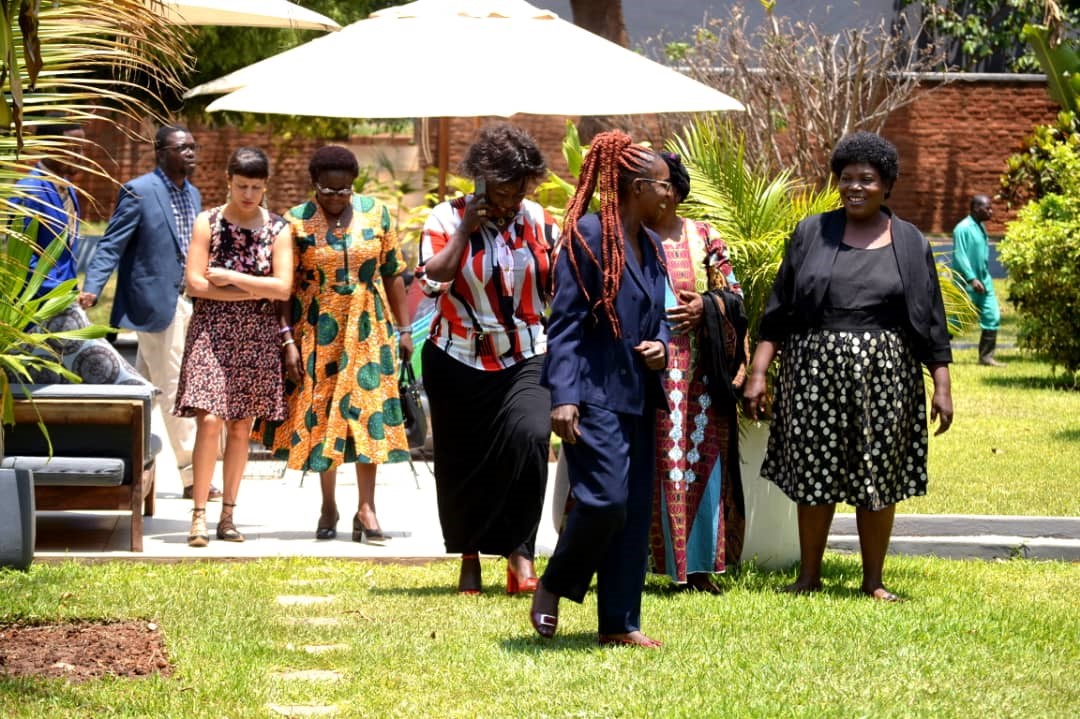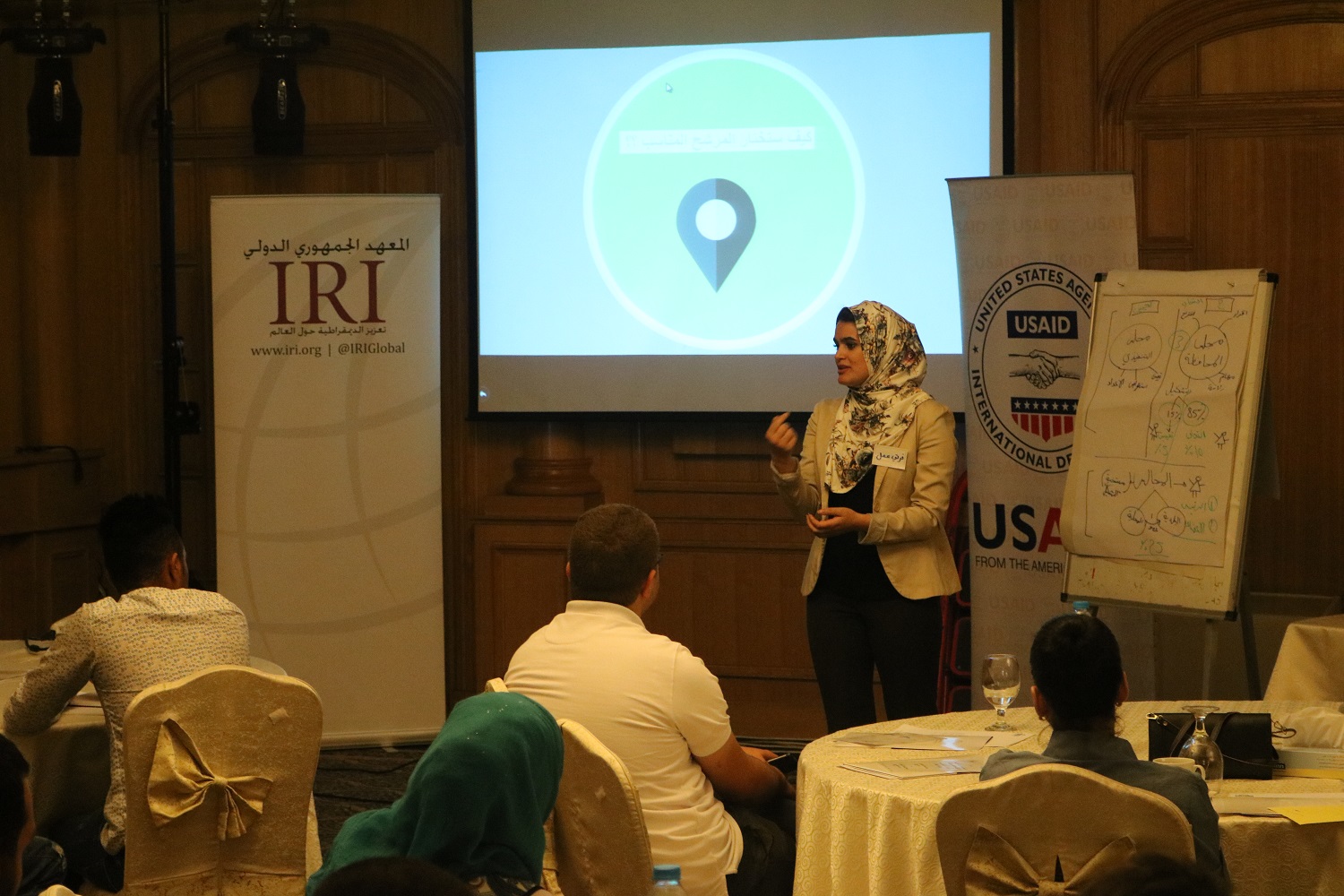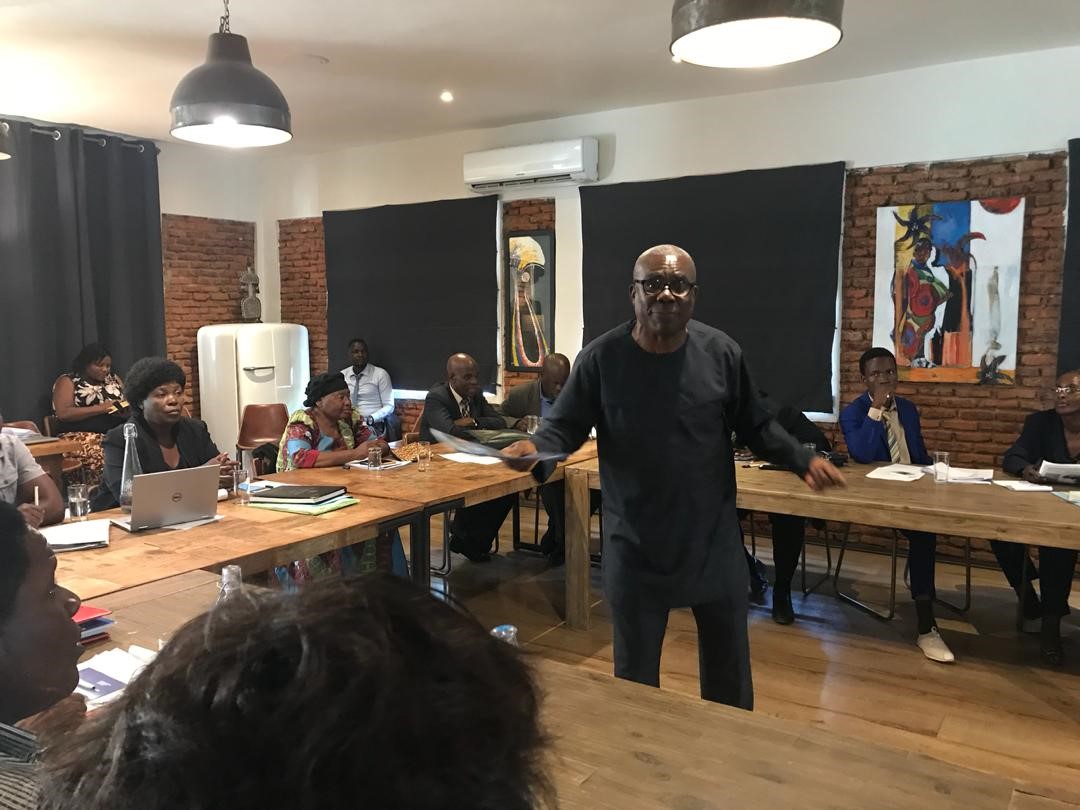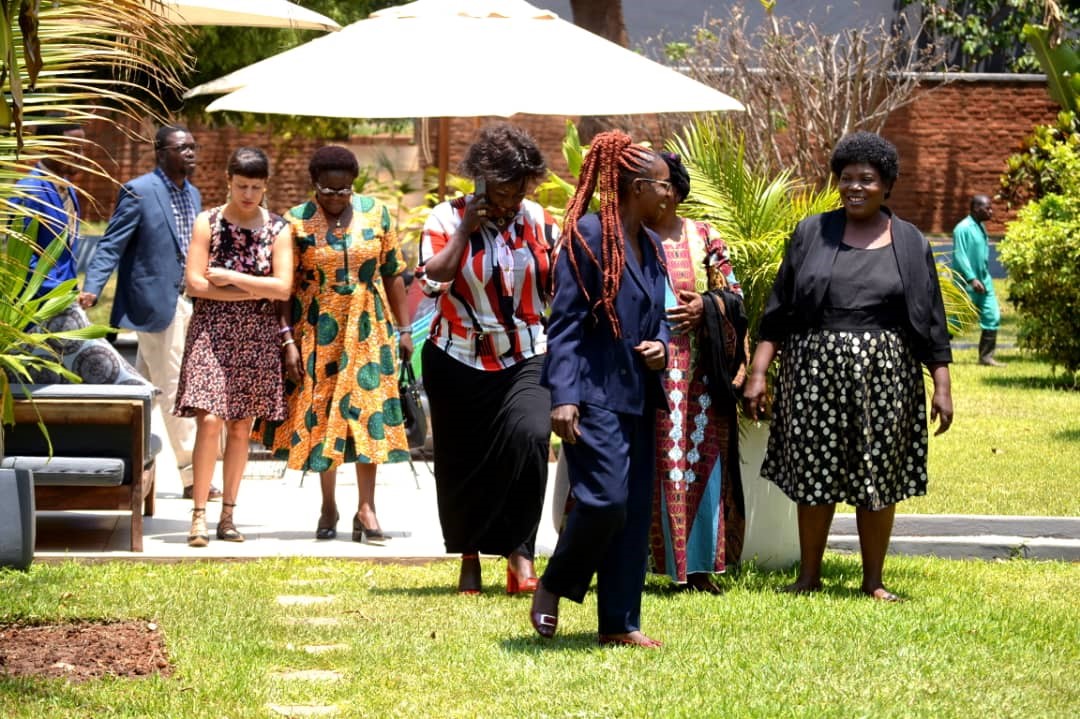
Nestled in the Southern African region, Malawi will hold presidential, parliamentarian and local council elections on May 21, 2019. Considering the outcomes of their last elections held in 2014, all eyes from the region and international community are on the country as they rapidly approach Election Day.
Malawi’s most recent elections were the closet in their history, and the electoral process came under heavy scrutiny when the Malawi Electoral Commission (MEC) failed to deliver voting materials including voter’s registration and ballot papers on time to polling stations. Additionally, the Commission encountered difficulties in tallying votes, and took more than one week to declare the ultimate winner, current President Peter Mutharika. The tense political environment escalated into violence in certain areas, and there were ongoing reports of destruction against property across the country. With 2019 elections in clear sight, Malawi is at a turning point in its young democratic history and looks to learn from problems of the past to conduct a more peaceful and transparent electoral process.
The country has made recent progress through key economic and structural reforms which have helped maintain sustainable growth rates over the last ten years. Despite these positive steps, the country faces a number of challenges related to widespread poverty rates. According to the International Monetary Fund’s World Economic Outlook (October 2018), Malawi ranked as the poorest country (Gross Domestic Product per capita = 1,250) in the Southern African region, and third overall poorest on the continent. Although agriculture dominates the domestic market and employs a majority of the labor force, more than one-third of the population consumes less than the required caloric daily intake, and approximately 40 percent of the population under the age of five are nutritionally stunted. All of these challenges are inevitably compounded by rapid population growth.
With these economic and social challenges as a backdrop, the country will head to the polls this year to cast their ballot in what has developed into yet another increasingly tense political environment. Political party dynamics in Malawi are especially unique given that current sitting Vice President, Saulos Chilima, recently quit the ruling Democratic Progressive Party (DPP) in July 2018, and has launched the United Transformation Movement (UTM) to run in the 2019 elections. Additionally, former President Joyce Banda has returned to Malawi after self-imposed exile following the infamous “Cash Gate” scandal in support of the Malawi People’s Party (PP). A unique situation has created uncertainties both within, and between political parties and added ongoing tensions to the political atmosphere.
The 2019 electoral calendar was launched earlier last year under the theme: Consolidating Malawi’s Democracy through the Ballot, and the official campaign period will take place between March 19 and May 19, 2019. As political parties gear up for elections, international and domestic stakeholders should continue to support political parties to ensure free, fair and peaceful elections.
Late last year, IRI hosted the timely “Safeguarding the Vote” workshop in collaboration with local implementing partner, the Centre for Multiparty Democracy. With funding from National Endowment for Democracy, the workshop represented programmatic support under IRI’s Southern Regional Political Parties Program which aims to strengthen the capacity of political parties in the region to monitor elections and create networks of democratically minded individuals.

IRI invited senior officials from seven Malawian political parties who traveled to the capital city of Lilongwe for the two-day workshop. During the workshop, Malawian political parties learned about electoral security strategies for safeguarding the vote and gained skills in effective party monitoring and mechanisms to increase the participation of women and youth within party structures. The activity was led by political party strategist Mr. Peter Mac Manu, who is Honorary Chairman of the Democrat Union of Africa and the former National Chairman for Ghana’s New Patriotic Party. Participants actively engaged with Mac Manu and practitioners and scholars from the Malawi Electoral Commission and University of Witwatersrand, South Africa on the current state of the electoral framework and key considerations in implementing electoral strategies ahead of the elections.

At the end of the workshop individual parties identified the current risks to safeguarding the vote in 2019. Identified risks included: party monitoring, campaigning, research and messaging. In conclusion, parties strategized on the important actions and resources needed to mitigate those potential risks and produced a six-month party action plan which was shared with IRI for follow up and future consultation.
IRI will continue to support Malawi to ensure their upcoming electoral process is conducted in a free and transparent manner. Political parties in Malawi are in a strategic position to focus on and advocate for the sound execution of the administration of elections, and solutions to key economic and social issues facing the country today. As Election Day draws closer, IRI seeks to provide resources and information to enhance political party capacity and ensure a fully democratic electoral process.
Despite a number of growing challenges in the country, if Malawi carries out truly democratic elections, that progress will represent a strong step toward the stability of the nation. Given the outcomes of the country’s previous elections and ongoing challenges from the region, most notably in Zimbabwe, Malawi has an opportunity to shift the region back on track and lead by democratic example.
With national elections slated for 2019 across the region in Botswana, Mozambique, Namibia and South Africa, Malawi represents a key piece to the greater puzzle: consolidating democracy across Southern Africa. As a major ally, and a large donor country to Malawi, the United States and the larger international community should remain engaged in support of democratic elections, and the continued development of the African nation.

Top